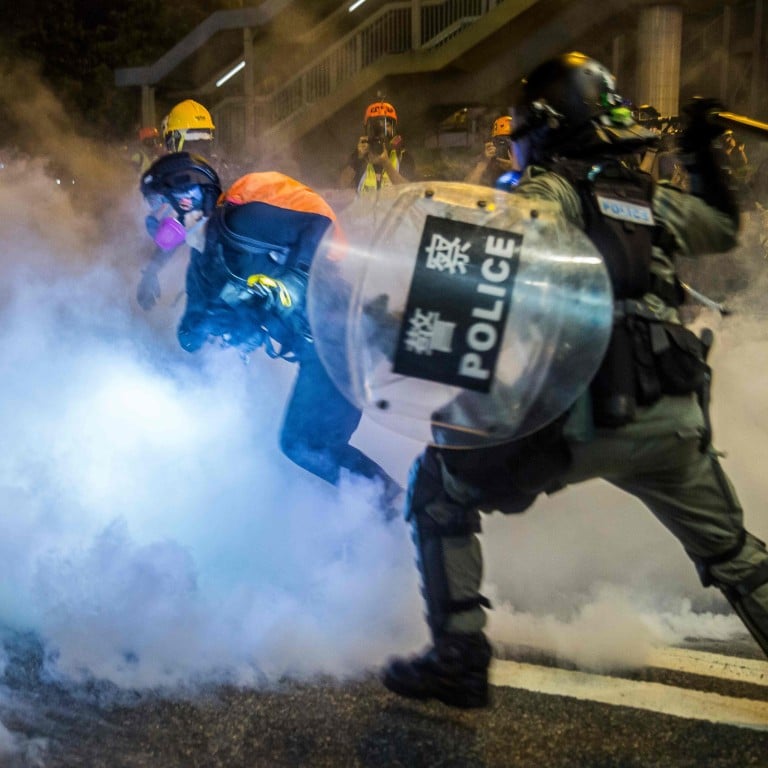
Is the world headed for an Asian future? Not if we don’t admit to some inconvenient histories
- Asia’s leaders, intent on dragging their countries into developed status, kicking and screaming, are ignoring festering historical fissures that threaten any developmental gains, writes Imran Shamsunahar
“The future is Asian,” boasts Parag Khanna, a Singapore-based consultant in his recent book of the same name. Khanna believes that as American unipolarity begins to ebb, the Asian regional system will increasingly begin to exert itself on the world stage, reorienting the global economy, altering geopolitics, and elevating the appeal of Asian cultural norms worldwide.
Certainly, there is much evidence to support Khanna’s thesis. Asia now accounts for 50 per cent of global GDP and two thirds of global economic growth. It hosts some of the world’s largest economies and produces, trades and consumes more goods than any other region.
Singapore back in play as more Hongkongers consider migrating due to deepening political crisis
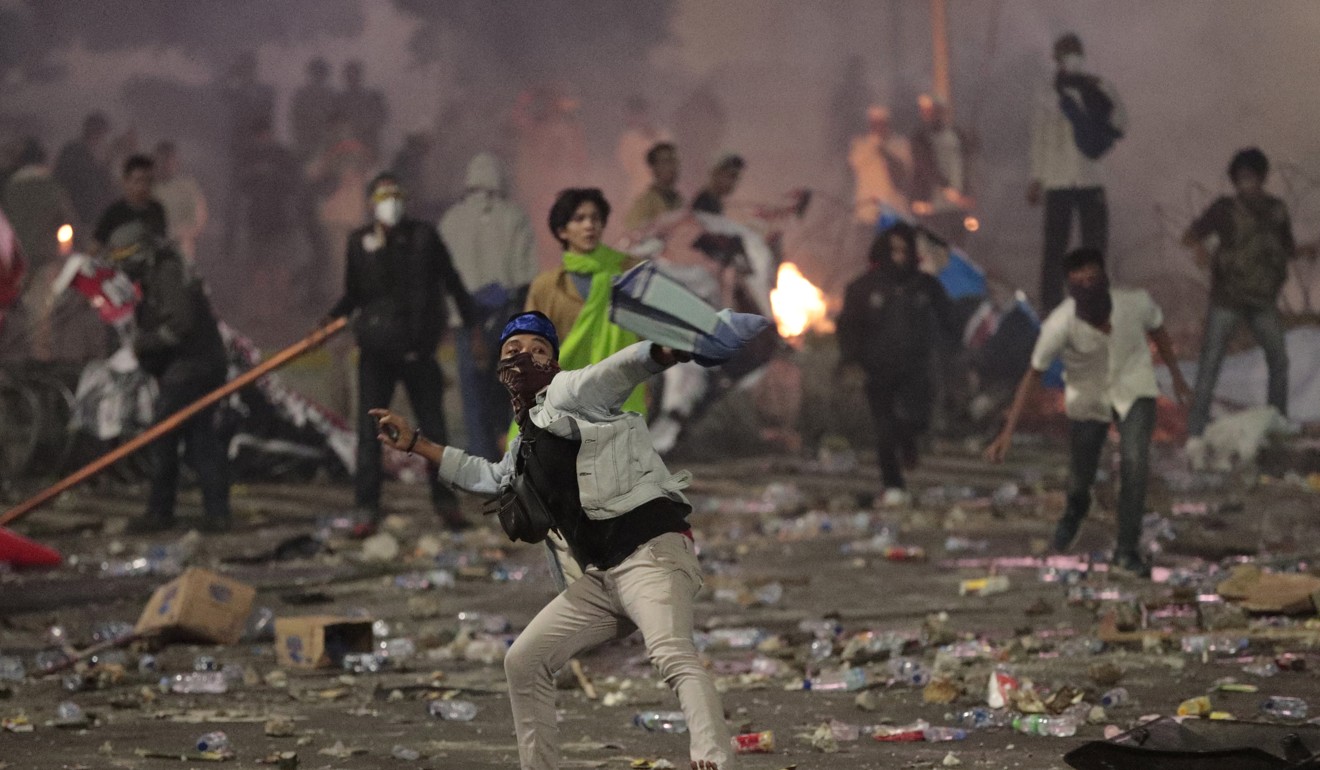
As observed by Indonesian writer and activist Andreas Harsono, the violence that permeates Indonesian history is tied to both the cynical pursuit of power by elites, as well as a culture of impunity that protects them. Ghosts of Suharto’s New Order continue to bedevil Indonesian stability. The rise of hardline Islam as one of the more pertinent issues of this recent election can be traced to the Islamisation of society under Suharto, who sought to balance the military by currying favour from the Islamic lobby.
Is India’s Kashmir move an attempt to shift its Muslim demographic?
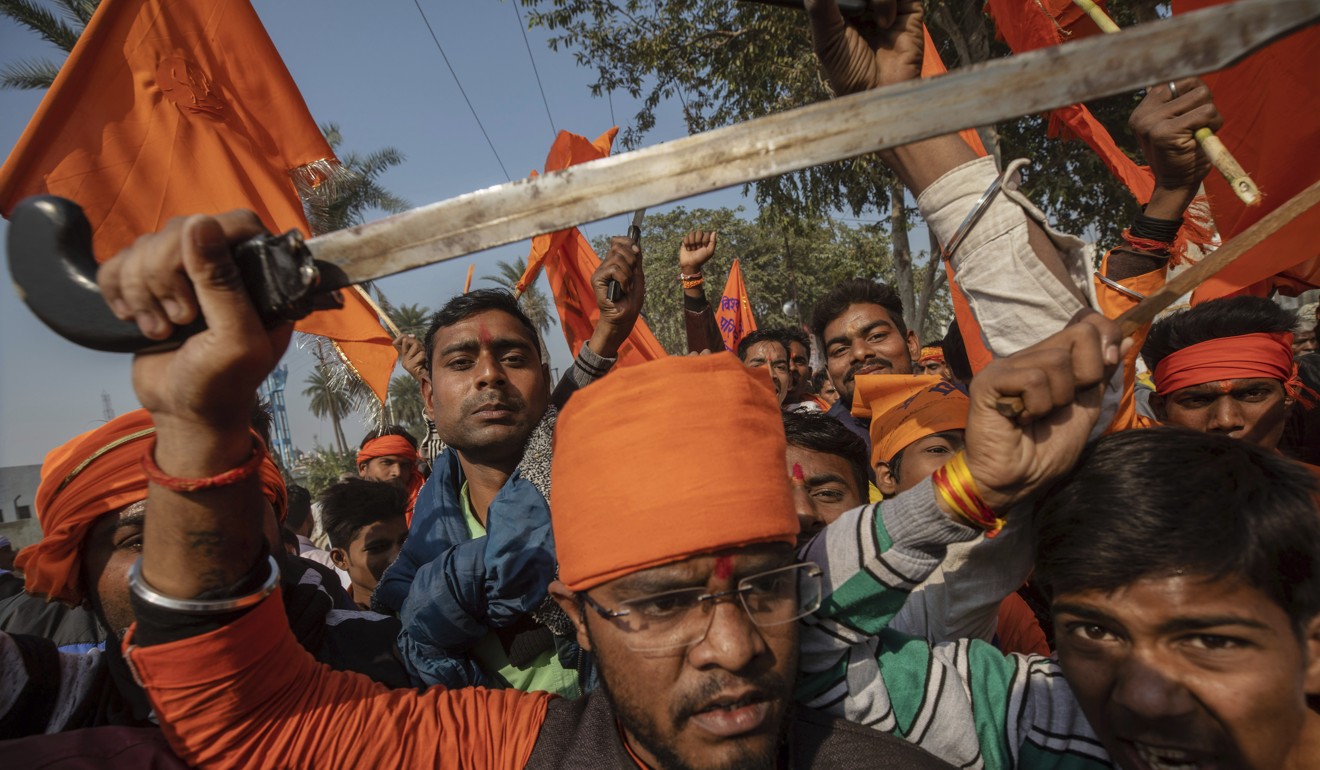
The school of thought referred to as Hindu nationalism, or Hindutva, traces its roots to the twilight of the British Raj, when Indian intellectuals debated how a future Indian nation would be defined. While the likes of Nehru and Gandhi were successful in establishing India as a secular state that respected minority rights and cherished pluralism, Hindutva advocates saw India defined by its Hindu majority. According to political scientist Kanchan Chandra, Hindutva ideas range from the mere symbolic recognition of Hinduism by the state as first among equals, to a more hardline system of privileging Hindus over minorities.
On the ground in Kashmir, feelings of loss, betrayal and helplessness as Srinagar remains in lockdown
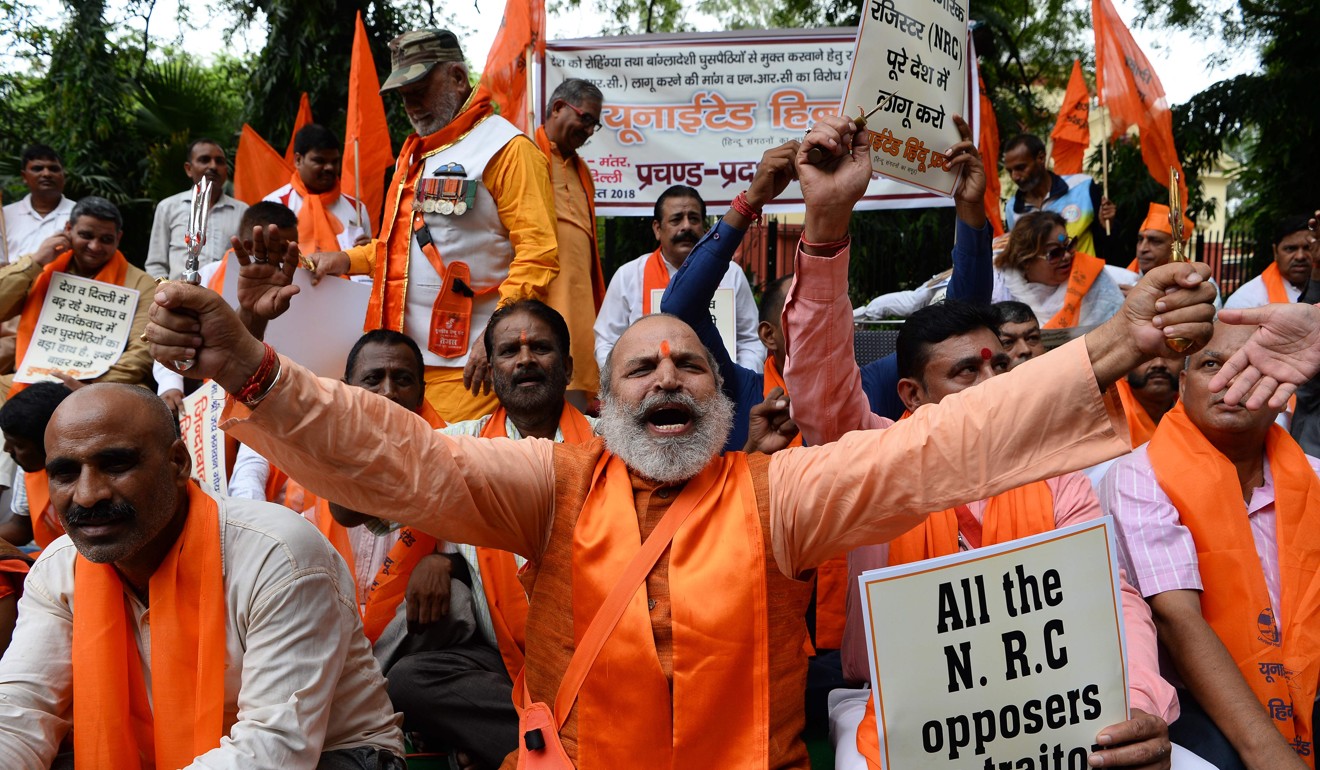
Hindutva has also reshaped the practice of Hinduism itself, moulding what was a once of myriad of different practices mediated through ethnicity and region and into a monolithic Hindu identity. While a best-case scenario is that Modi will now choose to ignore divisive religious issues in favour of economic development and international statesmanship, the social fissures that his government has stoked threaten the future unity of this rising economy.
What Mahathir’s call for Malay unity means for Pakatan Harapan – and the opposition
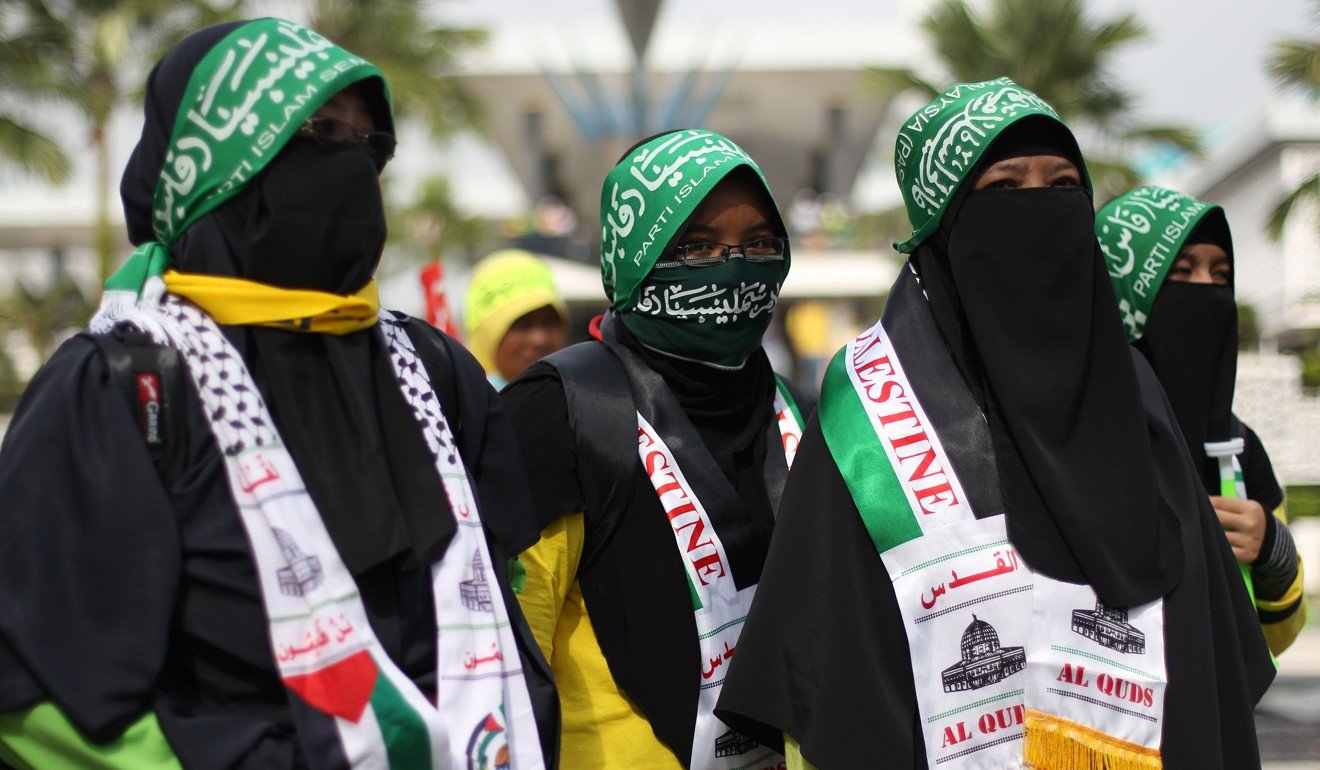
Tied in with this notion of Malay supremacy has been issues concerning the prerogatives of Malaysia’s Sultans and the rise of conservative Islam, the latter a legacy of Mahathir’s first stint as leader. This has created what writer Murray Hunter dubs the “Islam-Royalty-Malay Rights” nexus, which he refers to as an “almost unmovable barrier to any sense of secularism” within Malaysia. Fears of being perceived to be threatening royal (by extension Malay) rights has already forced the Pakatan government to backtrack on its earlier commitment to accede to the International Criminal Court.
The institutionalisation of hardline Islam has seen the government continue to equivocate on the issue of extraditing controversial cleric Zakir Naik, while steadfastly refusing to entertain LGBT rights. Meanwhile, a man was jailed in March for 10 years for insulting Islam in a Facebook post, and recently a seminar promoting tolerance to Shiite Muslims was cancelled following online bomb threats.
Granted, perhaps I am being too much of a pessimist. Asia may well bury its past, maintain stability and roar ahead to claim its place in the sun. But an Asian future that ignores fostering healthy democracies, ethnic pluralism and religious tolerance in favour of only economic growth and material gain? What a soulless future indeed.

